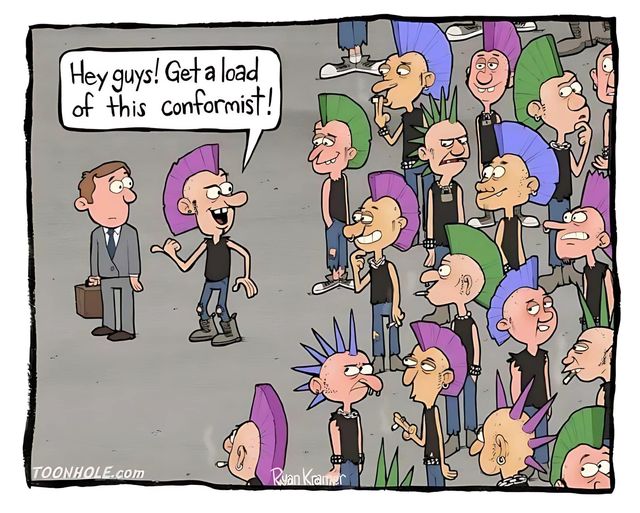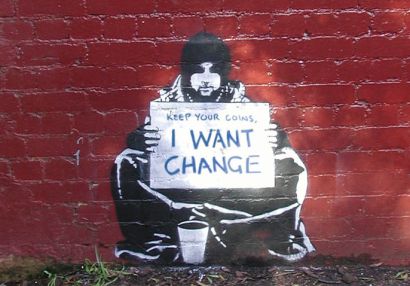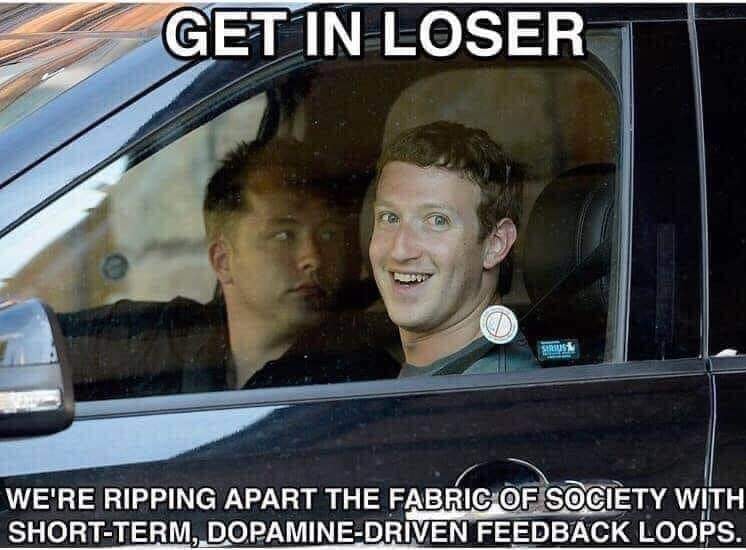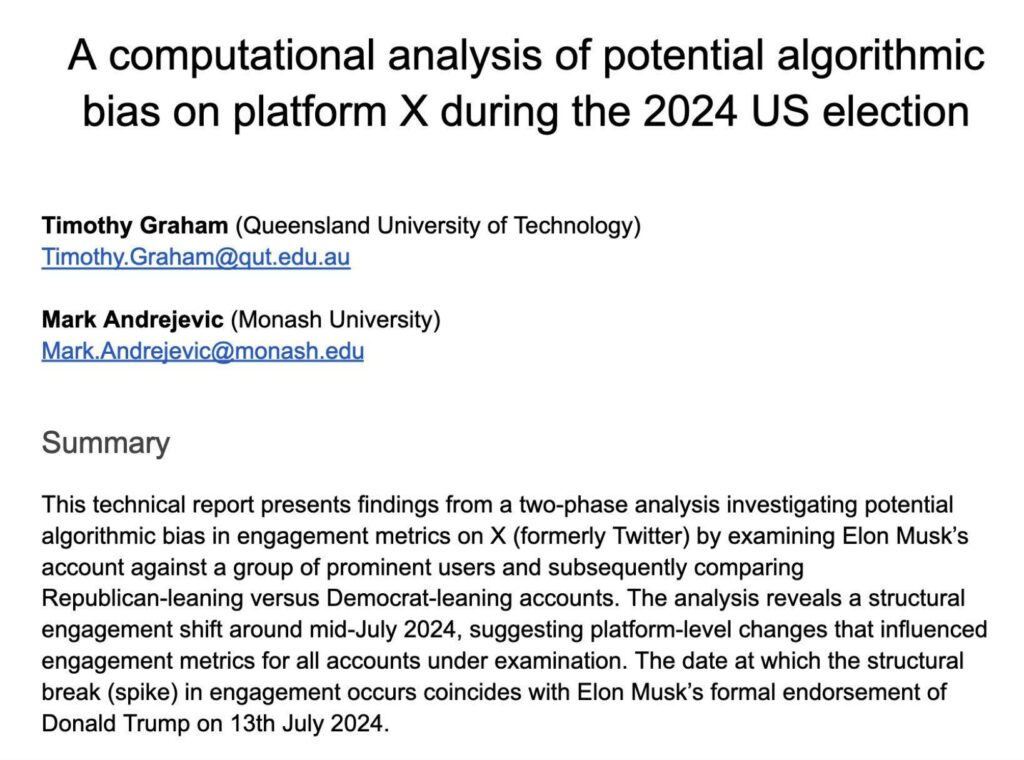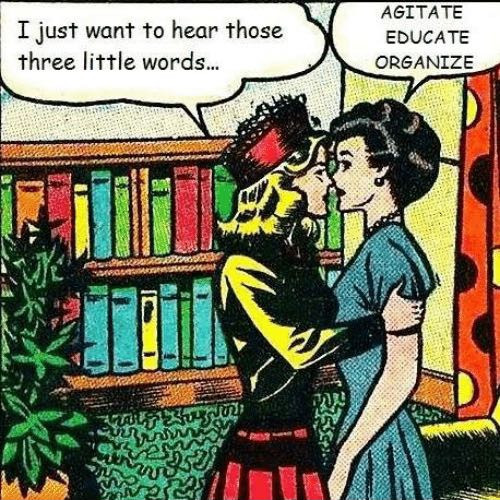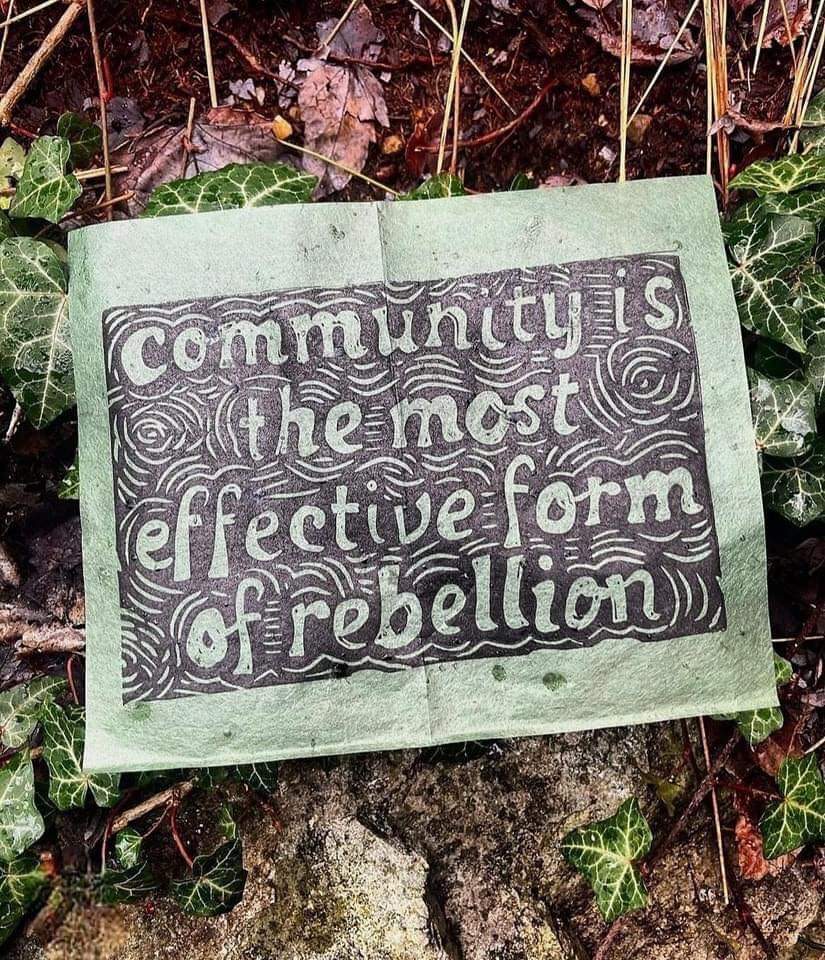Grassroots radical media has always sought to challenge and reshape dominant narratives. To do this effectively, it must adhere to principles of transparency, accessibility, and collaboration. This is why #FOSS (Free and Open Source Software) and the #4opens framework are foundational. They aren’t just technical choices, they’re philosophical commitments to building equitable and resilient systems.
- Transparency, open-source tools allow communities to see and understand the code they rely on, ensuring no hidden mechanisms compromise privacy or autonomy. The #4opens—open process, open data, open standards, and open licences—extend this transparency to decision-making, information sharing, and collaboration.
- Accessibility, #FOSS tools remove barriers to entry by being freely available, reducing dependency on corporate and proprietary platforms. Grassroots projects should not depend on tools controlled by the systems they seek to challenge.
Resilience and autonomy, open-source systems allow communities to adapt and maintain tools independently, ensuring sustainability without external reliance. This autonomy is key to resisting co-optation or suppression by powerful entities.
Activism aims to build resistance to the dominant flow of power, pushing progressive change. #Mainstreaming, often driven by NGOs, does the opposite, it smooths resistance, aligning activism with the status quo. While this alignment might bring short-term visibility and funding, it undermines radical #KISS goals. Understanding this distinction is crucial for grassroots projects.
- Main streaming paths, focuses on making activism palatable to existing power structures. Often funded to perpetuate jobs and programs rather than systemic change.
- Activism Goals, challenges and disrupts mainstream systems to create alternative pathways. Prioritizes systemic change over institutional comfort.
To take the activism and grassroots paths, we need help addressing verbiage and over-analysis. The challenge is in combining academia with activism is the risk of losing focus amid jargon and theory-heavy discourse. While these discussions are valuable, grassroots projects need clarity and actionable goals. A balanced approach is essential, to simplify communication use frameworks like the #4opens to distil complex ideas into accessible principles. Prioritize outcomes, ensure discussions translate into clear plans and measurable actions.
The time to #reboot grassroots tech. The current over-reliance on proprietary #dotcons platforms controlled by corporate interests stifles radical change. A #reboot is needed to reinvigorate open tech communities by reviving collaboration around #FOSS and federated tools like #ActivityPub to build decentralized, people-controlled media ecosystems. To make this happen, we need to focus on the Basics and rebuilding solidarity. The question isn’t whether we should reboot grassroots tech, but how. By staying grounded in principles like the #4opens, we can reboot lasting alternatives to the status quo.



